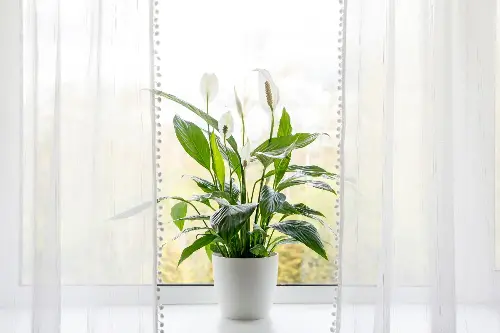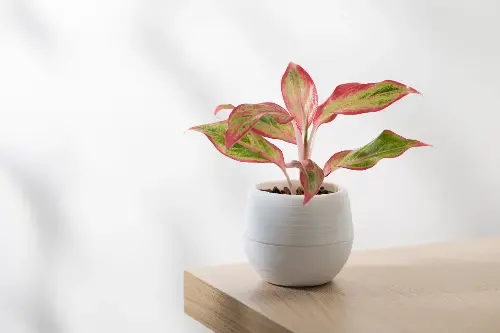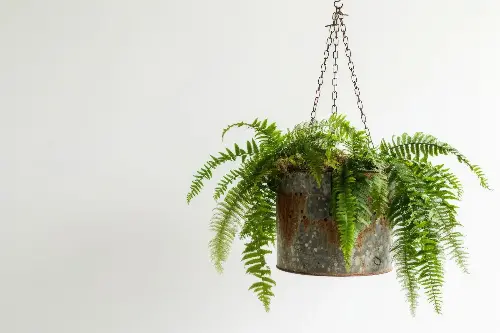In the hustle and bustle of modern life, the importance of a restful slumber cannot be overstated. The sanctuary of the bedroom is where one retreats to rejuvenate, and what better way to enhance this haven than by introducing indoor plants that not only purify the air but also create a serene ambiance? Research has shown that certain plants can significantly improve air quality and promote better sleep by releasing oxygen at night and absorbing toxins. Let us explore these natural wonders.
The peace lily, with its glossy green leaves and white spathe, is more than just a pretty sight. This resilient plant is renowned for its ability to filter out harmful benzene, trichloroethylene, and formaldehyde from the air. It flourishes in the shade and requires minimal water, making it a low-maintenance option for bedroom greenery. Interestingly, NASA's Clean Air Study validates the peace lily as one of the top plants for purifying the air. By enhancing air quality, the peace lily contributes to a restful sleep experience.

Another excellent bedroom companion is the snake plant, also known as mother-in-law's tongue. This hardy succulent is particularly adept at converting carbon dioxide into oxygen during the night, which is contrary to most plants that do so during the day. This feature can improve air quality in the bedroom and thus aid in achieving a deeper sleep. Moreover, the snake plant is a warrior against toxins like xylene, toluene, and benzene.
Among the most visually soothing plants one could add to a sleeping space is the lavender. Its soft purple blooms are not only aesthetically pleasing but also have a renowned calming effect on the senses. Lavender's fragrance has been associated with reduced anxiety and stress, lower blood pressure, and improved sleep. This makes it a natural and therapeutic addition to a restful bedroom environment.
For those who often find their bedrooms dry, particularly in colder months when heaters are running, the Chinese evergreen can be a godsend. This plant exudes moisture into the air, which can alleviate the irritation caused by dry airways. Moreover, it requires very little light to thrive and is effective at removing a variety of air pollutants, making it both a practical and beneficial plant for a sleep-conducive environment.

The humble aloe vera plant is another excellent choice for the bedroom. Known for its gel with healing properties, aloe vera is also an excellent air purifier. It clears the air of formaldehyde and benzene, and like the snake plant, it emits oxygen at night, making it beneficial for sleep quality.
For those who prefer a touch of elegance, the orchid could be the preferred option. This exotic plant releases oxygen at night while also being a pleasant focal point with its sophisticated blooms. Though they can be a bit finicky regarding care, their unique beauty and air-purifying properties can be worth the extra attention.
Placing a Boston fern in the bedroom can also be beneficial for those with dry skin or respiratory problems, as this plant acts as a natural humidifier by restoring moisture to the air naturally. By doing so, it can aid in improving sleep quality by ensuring a less drying environment.

It is worth noting that while these plants can contribute to cleaner air and a more calming environment, they should be complemented with good sleep hygiene practices such as maintaining a cool, dark, and quiet bedroom. Care also should be taken not to overcrowd the room with plants, as overdoing it could have the reverse effect and overwhelm the space.
Lastly, for those concerned about the potential mess and upkeep of indoor plants, self-watering planters and a routine care schedule can minimise the effort needed to maintain them. Considering the benefits they bring to the table, the addition of plants to the bedroom might just be the breath of fresh air needed for better sleep and a more tranquil sleeping environment. After all, in a world where technology and stress often impede relaxation, turning to nature’s own solutions could be the key to unlocking profound rest and invigoration.
